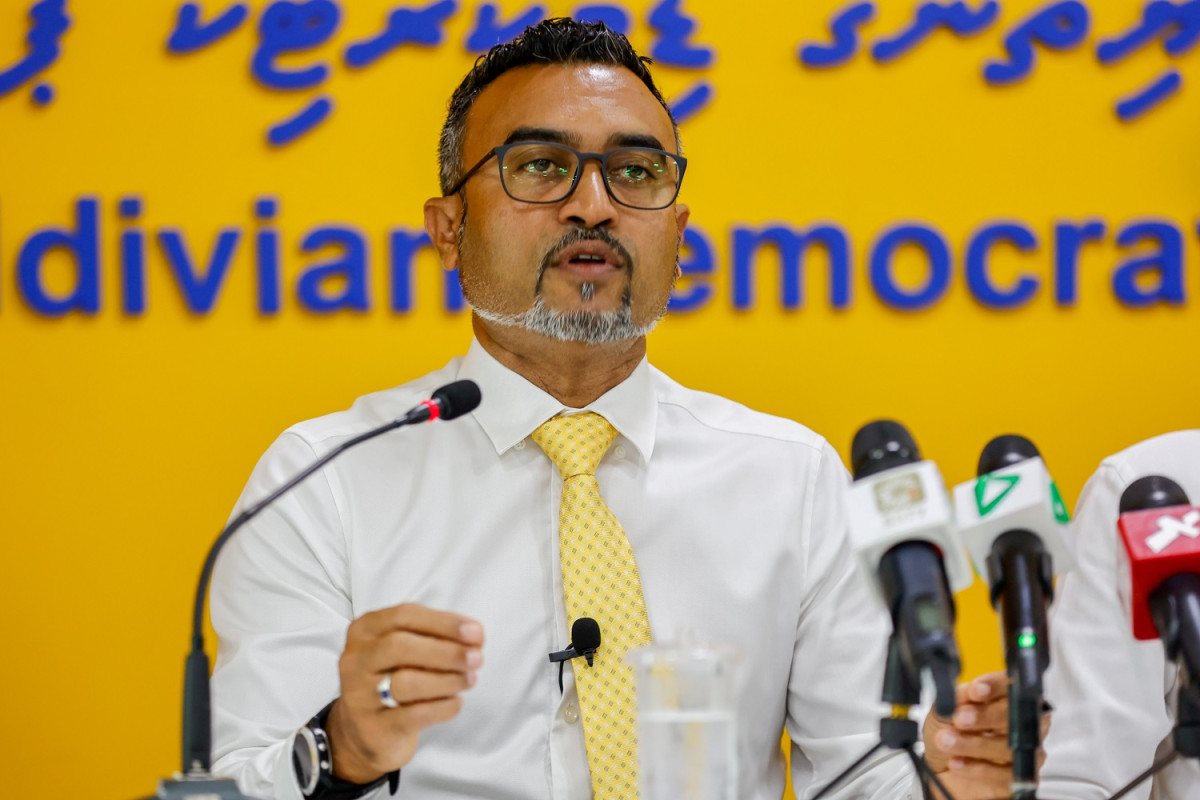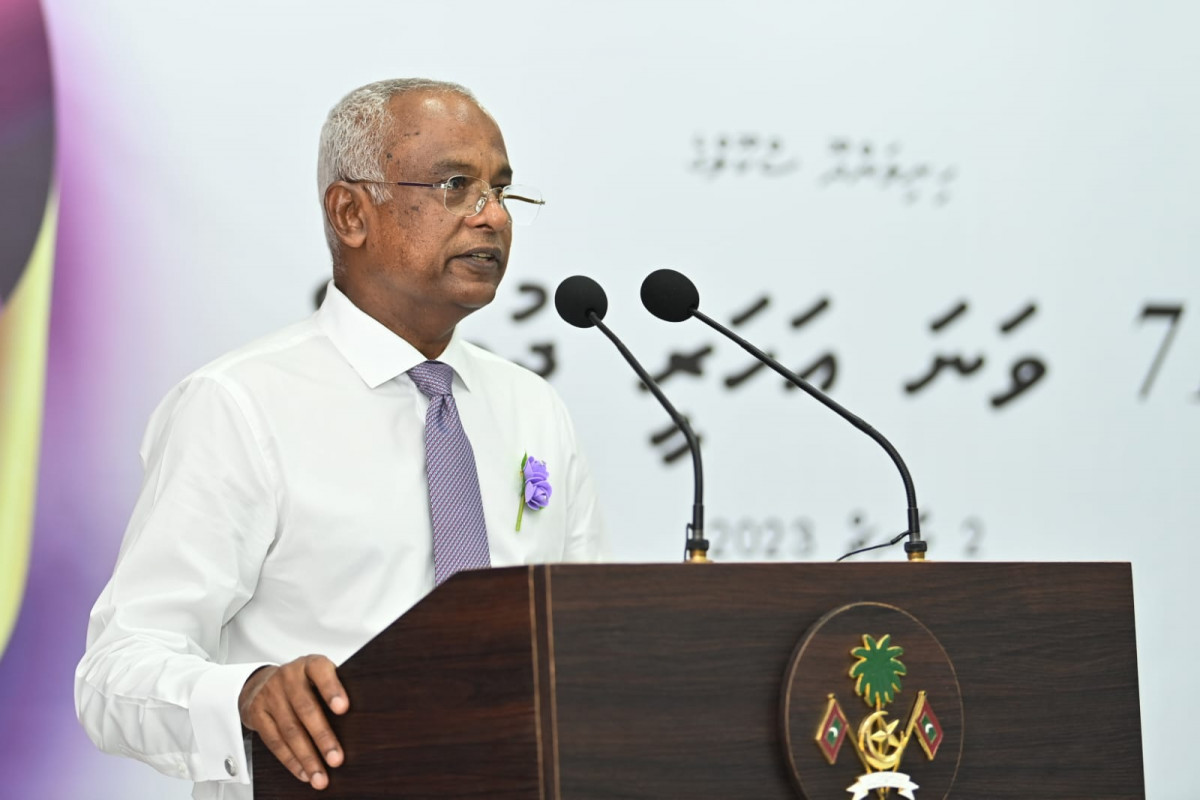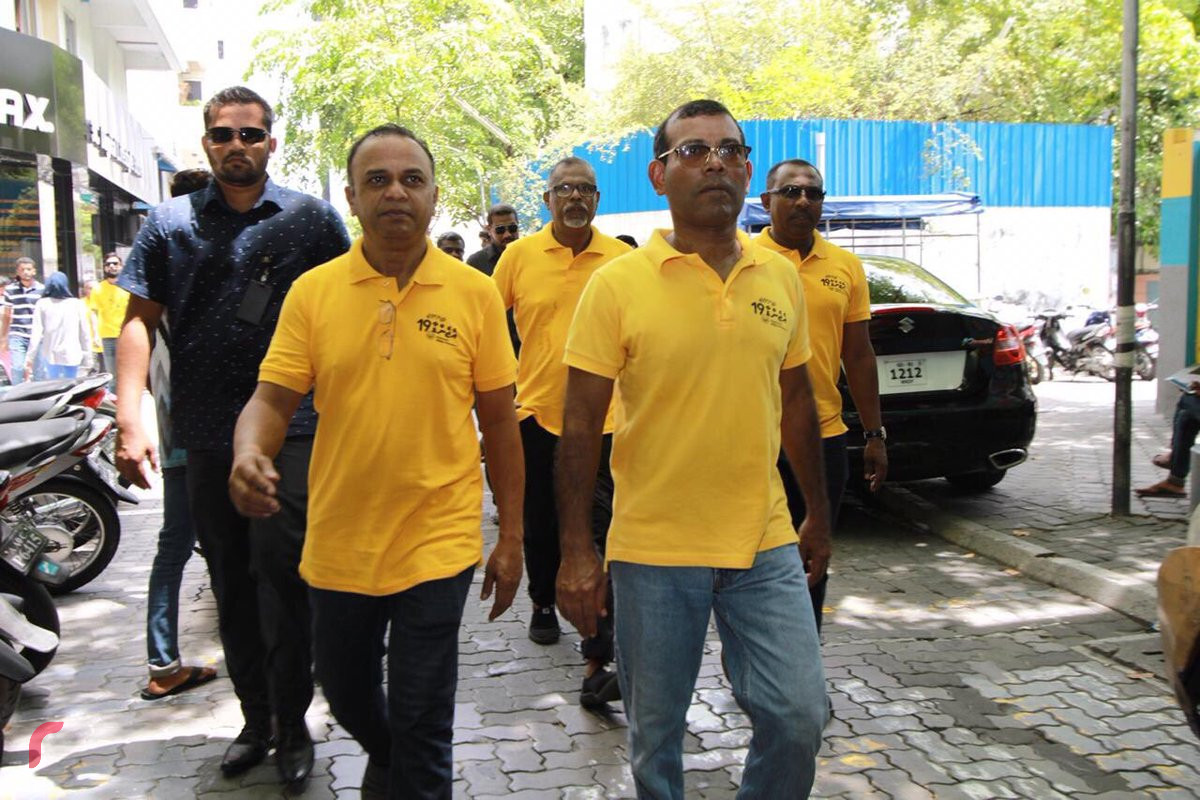MDP to request Majlis to probe overreach by ACC members
The move comes amid growing criticism over the ACC’s summoning of former AG Riffath


MDP PG group leader Ibrahim Nazil
The main opposition Maldivian Democratic Party’s (MDP) Parliamentary Group Leader Ibrahim Nazil has announced plans to formally request an investigation by the Parliament’s Independent Institutions Committee into alleged overreach by members of the Anti-Corruption Commission (ACC).
The move comes amid growing criticism over the ACC’s summoning of former Attorney General Ibrahim Riffath, a summons issued without any formal charges or justification, according to Riffath’s legal counsel. The summoning has raised serious concerns about procedural violations and the abuse of institutional authority. Legal representatives argue that not only was Riffath called in without basis, but ACC has also failed to share the documents used to question him, a clear violation of rights under the Criminal Procedure Act.
Nazil’s submission is aimed at scrutinizing what he describes as activities by ACC members that fall outside their legal mandate. Despite the government’s supermajority in the parliament, MDP has vowed to take all available measures within the parliament to hold institutions accountable and prevent misuse of power.
Mounting evidence and public sentiment suggest that the current administration, led by President Dr. Mohamed Muizzu, is using state institutions to suppress political opposition. ACC’s actions are being widely interpreted as politically motivated, targeting former MDP officials and senior figures of the previous administration in what many see as a campaign of intimidation.
Since the MDP-led protest on the night of October 3, the government has intensified its crackdown on opposition figures. Six individuals arrested during the protest remain in detention at Dhoonidhoo Jail, with reports indicating they are being held without access to basic rights. These developments, coupled with escalating interference in planned political gatherings, such as the major rally scheduled for November 17, point to a concerning pattern of political suppression.
As opposition voices grow louder and calls for accountability increase, the spotlight now turns to parliament's role in ensuring that independent institutions, including ACC, operate within their legal boundaries and do not become instruments of political coercion.






